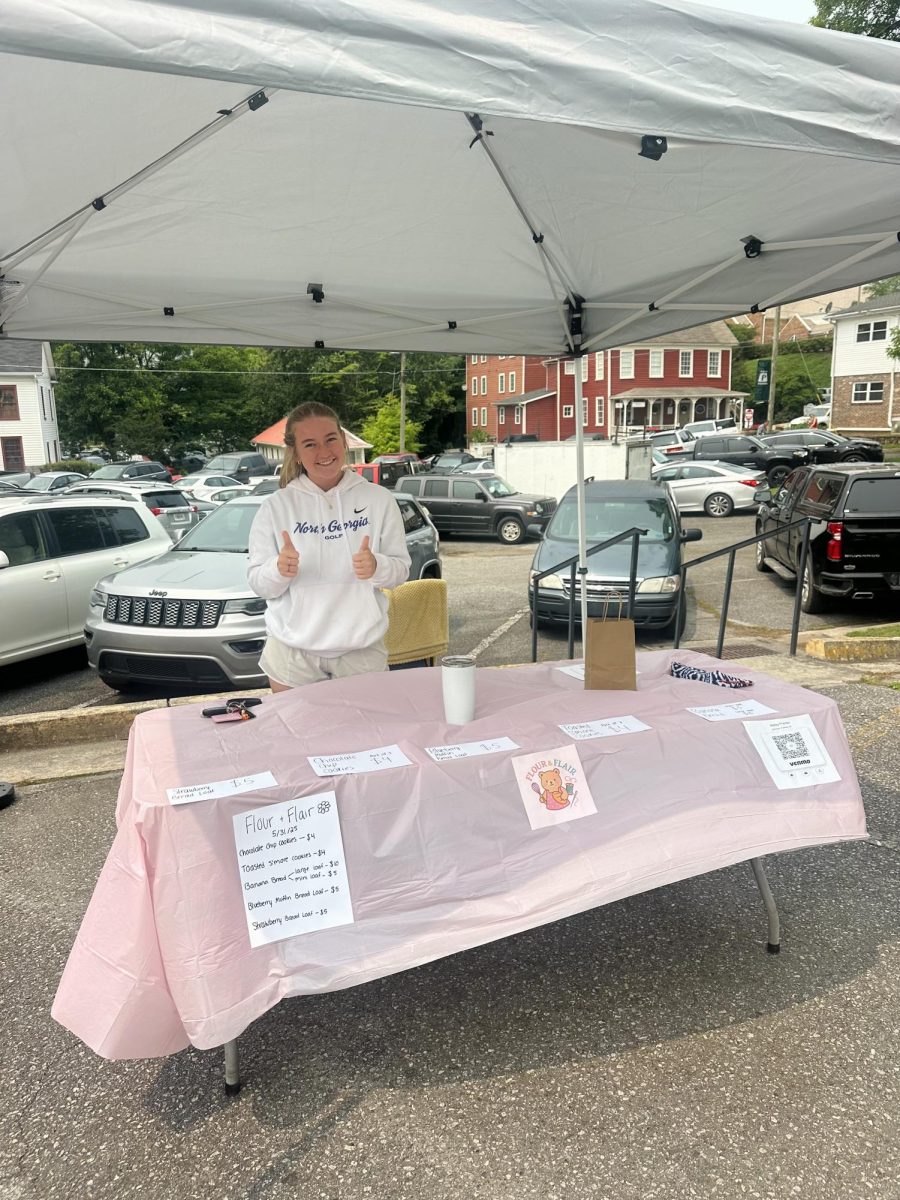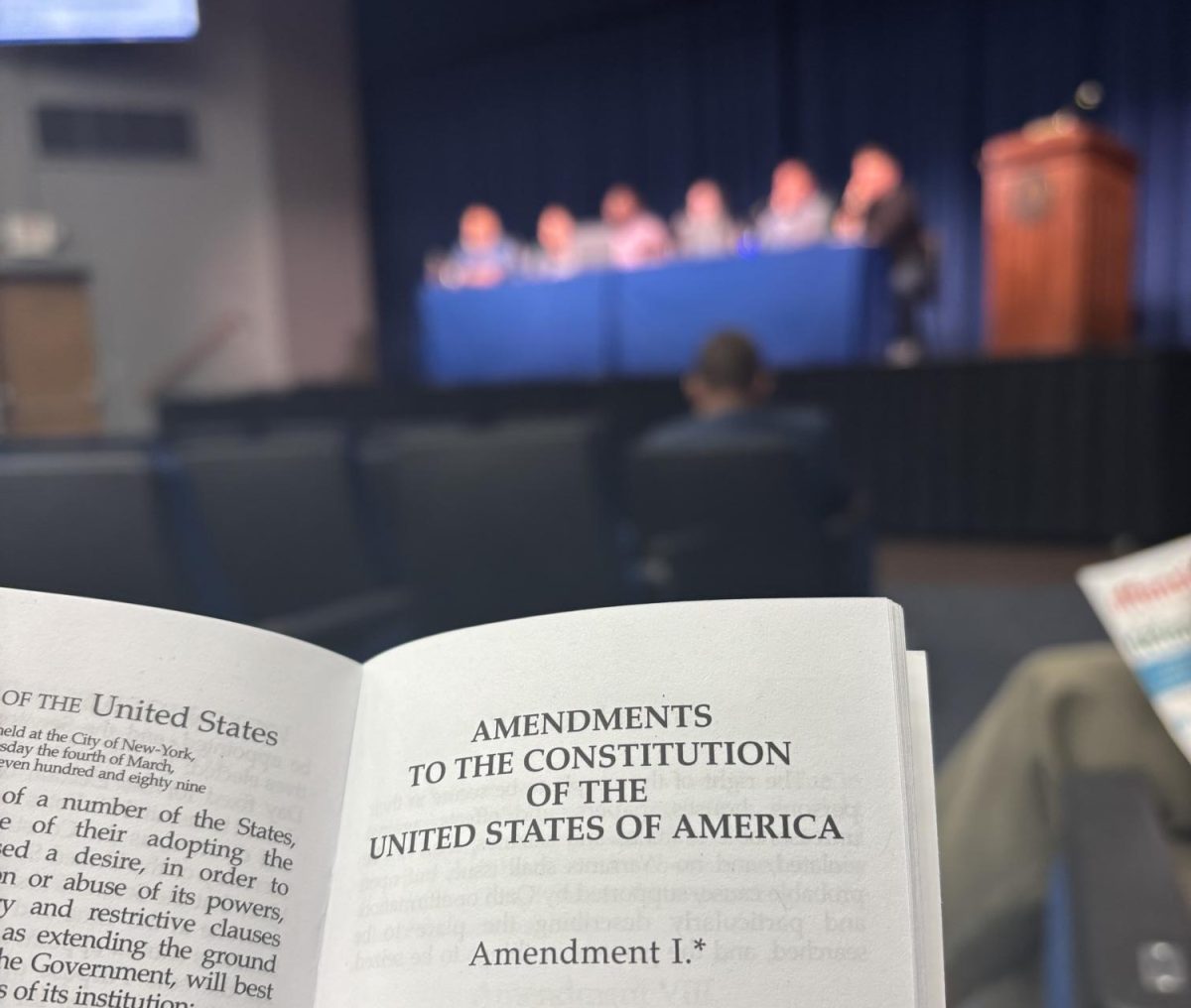In just three weeks, voters across the United States will go to the polls to cast their vote for their preferred candidate who will lead the nation over the next four years. As forecasts begin to tighten, any new information about the two candidates could be the tipping point in deciding who will become the country’s 47th president.
A Pew Research Center poll conducted last month finds 57% of U.S. adults whether Republican or Democrat are concerned about Artificial Intelligence’s use to falsely influence voters. As high-profile individuals and organizations have already been found to use AI to create disinformation about a candidate in this race, there is new acknowledgement made to combat deceiving narratives as they’re released.
“I’m an independent voter and I’m leaning toward a candidate in this election but still not 100% confident I’ll vote for them. To the average voter like myself who isn’t very political, it can be hard to identify what is disinformation at a time like this.” – Elliot Martin, Georgia voter
While national polling continues to be a dead heat, the electoral college could be decided by a single state with Georgia still considered a key battleground for both campaigns. Voters worry the increased function of AI may have more impact on the outcome than most pundits believe.
“As a citizen who has voted in every presidential election since 1980, I could have never imagined how the use of technology could be used to manipulate the facts more so than they are right now.” – Janet Nichols, Georgia voter
Social media platforms such as X (formerly Twitter) have been accused of allowing deep fakes to circulate with the new flexible speech guidelines that took effect following Elon Musk’s acquisition of the company.
Musk himself posted a video of Vice President Harris in July depicting an AI-generated voice similar to hers reading a statement. He later clarified that the post was “intended to be satire” as mixed reactions followed the post. Misinformation in the form of AI deep fakes has continued to run rampant with these posts garnering quick attention with users taking their own measures to recognize these issues. Features such as “community notes” are often used to give context to a post that may be misleading or outright false depending on contradicting facts.
As concerns over the use of AI continue to spread, voters are skeptical about news lacking information and wait for facts as they are released.























